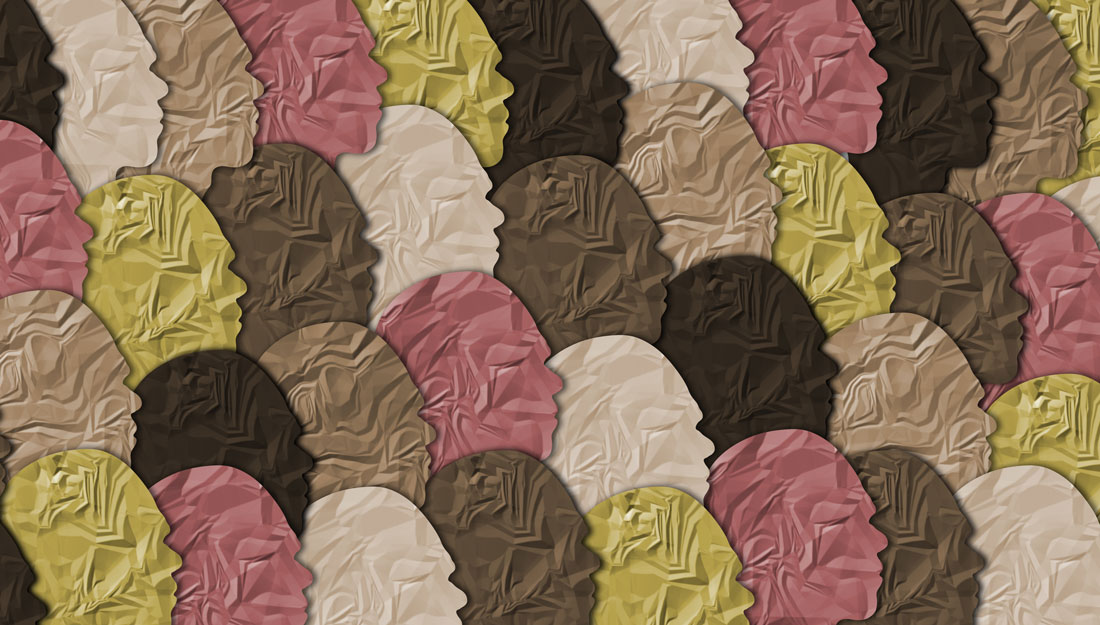- Tim Schnettler
- Public Health, Research, Show on VR homepage
Medical folk wisdom: What is it and how does it affect public health?
The endorsement of widespread but factually inaccurate beliefs could impact health behavior and policy

You may have heard it before:
“Chicken soup can help you recover from illness more quickly.”
“Staying out too long in the cold weather can cause you to catch the common cold.”
“Don’t crack your knuckles! It’ll cause arthritis.”
Although some medical folk wisdom is widespread, it is often not consistent with medical evidence and scientifically backed research.
In a new study coauthored by Timothy Callaghan, PhD, assistant professor at the Texas A&M University School of Public Health, he found that nearly all Americans—irrespective of socioeconomic status, political orientation or educational background—endorse at least some aspects of medical folk wisdom.
The study, published in Scientific Reports with Matthew Motta, PhD, assistant professor at Oklahoma State University, also explores another under-studied question: How do these widely held but factually inaccurate beliefs shape Americans’ health behaviors and policy preferences?
To study the pervasiveness and consequences of medical folk wisdom on health policy and behavior, the researchers designed two opinion surveys. Together, the surveys reached more than 5,000 participants who closely mirrored national benchmarks on age, race, gender and other demographic factors.
In addition to finding that nearly all Americans believe some aspects of medical folk wisdom, the researchers found that Americans with higher levels of medical folk wisdom endorsement are less likely to value medical expertise and the important role experts play in shaping health policy. This high endorsement of medical folk wisdom can have negative public health consequences, since changes in health policy are dependent on medical and scientific experts to ensure that new policies are evidence-based. Overall, medical folk wisdom endorsement could lead to lower levels of public support for evidence-based health policies.
The researchers note that there is a lot of potential for further research on the relationship between medical folk wisdom and health policy and behavior. For example, more research is needed on the complex relationship between endorsement of medical folk wisdom and health consciousness, since people could be more likely to endorse medical folk wisdom if they are highly concerned about their health and open to possible solutions, even if they are not supported by the medical community. In this case, one may highly endorse medical folk wisdom but still support medical and scientific experts and evidence-based health policies. Callaghan also noted that exploring the relationship between folk wisdom and attitudes toward the coronavirus could be an important direction for future research.
“Now that we know people who endorse folk beliefs are more likely to oppose expert involvement in health policy decisions, we are interested to see if this relationship extends to times of public health crises, such as the current pandemic,” Callaghan said. “It is important to understand if individuals who endorse medical folk wisdom are opposed to including experts in stopping the pandemic, since relying on health experts will be critical in this process.”
— by Callie Rainosek
Media contact: media@tamu.edu


